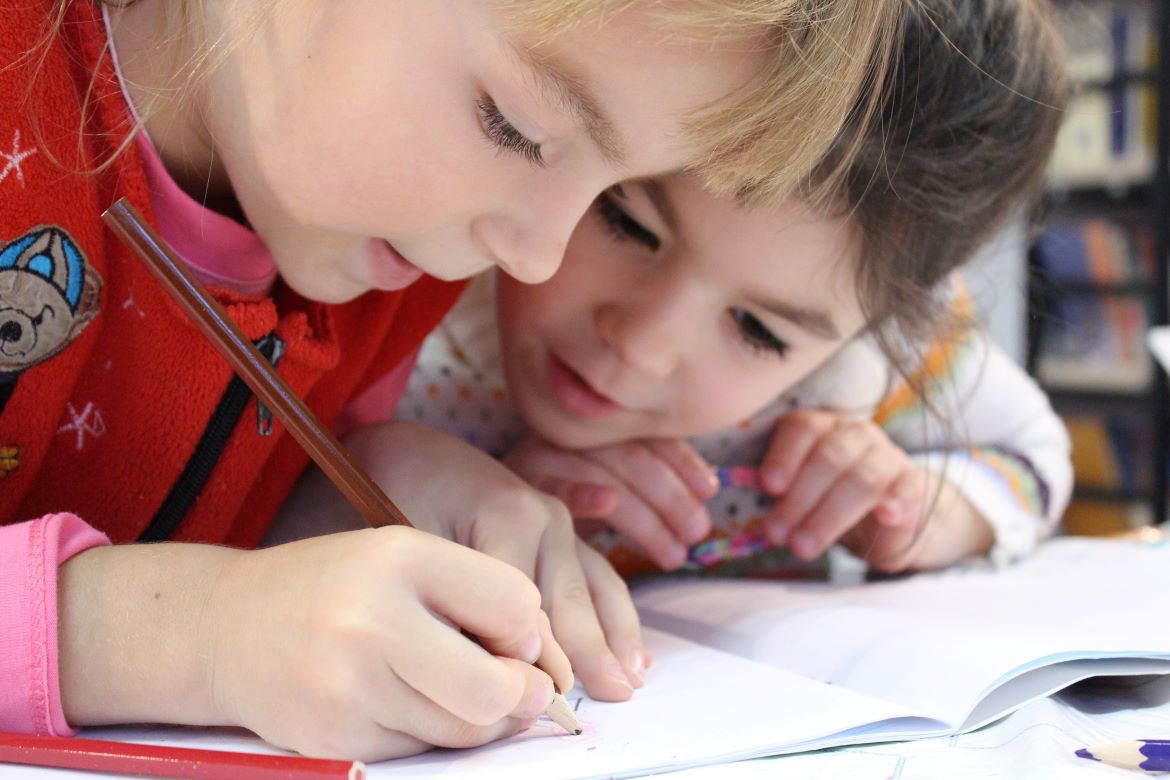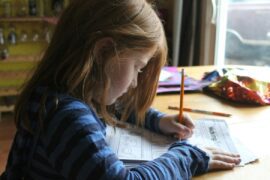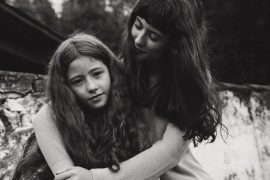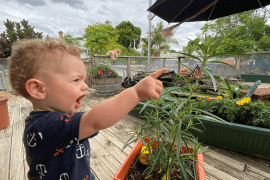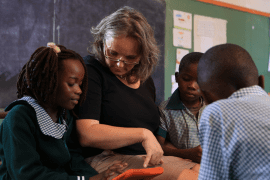By Tracy Casssels
Public education was one of the best inventions of the modern era. All children given the same education regardless of sex, race, or money? Genius. And for a while it worked better than we might have imagined, despite the SES disparities in individual school districts. Now we have today. Today things are seemingly going downhill and getting worse. Like a rock gathering moss as it plummets down the hill to the very bottom.
Families are looking to alternatives in droves. Homeschooling, unschooling, private schooling, religious schooling. You name it, there are parents trying to figure out how to make it work.
What went wrong? Wasn’t public education the dream of many nations? Weren’t we supposed to bring up all of society by making sure all children had the basics of education?
Yet when you look at schools in many nations, we see the failure of students to even succeed at a basic level. We have to ask ourselves, “Why?”. We’re fighting high drop-out rates, illiteracy rates, and a more general problem that kids these days often don’t enjoy school at all. But we’ve decided that this should be “normal”. Hating school? Well, that’s just part of the world.
But then I think of the myriad children I’ve encountered in my homeschooling group. We have a large group of 6-9-year-olds who are totally different in terms of what their interests are and yet all of them love learning. We have children gifted in math. Children who are obsessed and beyond knowledgeable about French history. Children who focus solely on math and English are doing Grade 4 curriculum in what would be Grade 1. They all love the learning they are doing. But here’s the catch: Though all of these students are ahead in many areas, they all have others they “struggle” in; in a regular school, they would never have the chance to move ahead in the areas they love, nor be allowed to stay behind for a bit in other areas to focus on those they love.
And that’s key.
Kids often don’t follow this weird trajectory we have decided they should when it comes to learning.
They may spend early years excelling in math because it interests them and then only later develop of love of books and reading, or vice versa.
Some kids will develop interests at the same time, wanting to spend equal time on math and reading and science. This is how kids work. Heck, it’s how us adults work too when it comes to obtaining information and becoming learned.
Learning is not the same as schooling
In schooling, especially in North America these days, we focus on set milestones children should be reaching together based entirely on age and completely ignoring the child’s interests in favour of set curriculums. We teach them the way we think is best, regardless of whether or not it works for a given child. And so children are schooled – for many hours a day – but are they learning? I would say some are, but many aren’t. It’s not fair to put this on teachers though. They’re stuck in a system that is, let’s face it, broken.
Where did we go wrong and what can we do to fix it?
I firmly believe the biggest mistake we made with modern education was getting rid of the multi-age classroom. I think this one change could help so many of the problems we face today with modern education.

